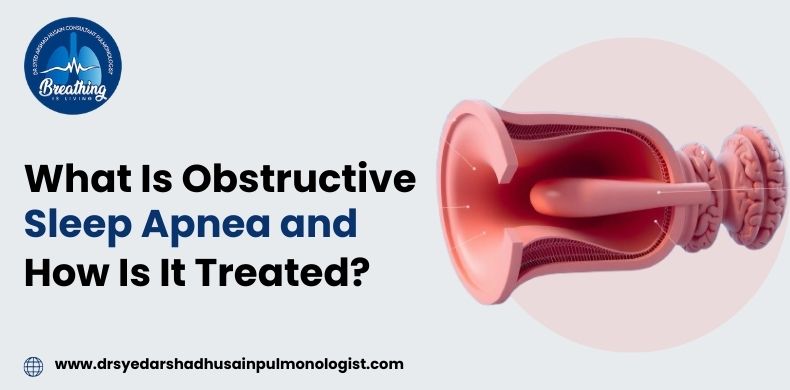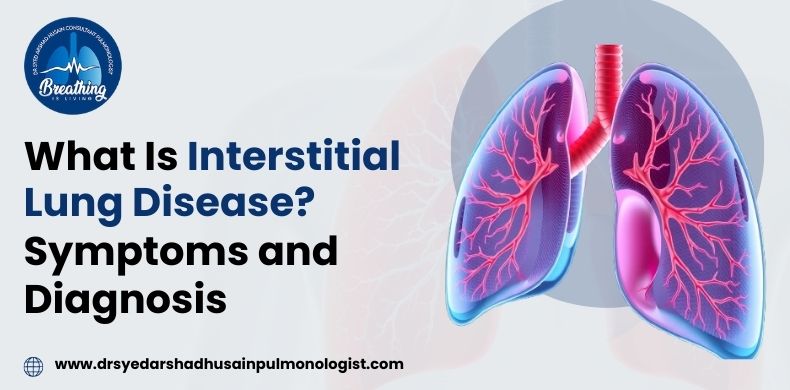
A chronic cough isn’t just a lingering cough that lasts for eight weeks or more in adults (four weeks in children). It goes beyond being a mere annoyance, disrupting sleep, and leaving you drained. In severe cases, it can lead to issues like vomiting, lightheadedness, and even rib fractures. Pinpointing the cause, often linked to factors like tobacco use, postnasal drip, asthma, or acid reflux, is crucial. Thankfully, treating the underlying issue typically resolves chronic coughs.
Persistent coughing extends beyond just a throat irritation, often bringing along a range of symptoms that can provide crucial insights into the underlying symptoms of chronic cough.
Numerous things can lead to a persistent cough, including
In less common instances, the following may also be responsible:
Know More: Impact of Vaping on Lung Health
If your persistent cough lasts more than eight weeks or interferes with daily life, it’s time to consult with our cough specialist in UAE for better guidance. Seek medical attention if the cough is accompanied by chest pain, difficulty breathing, unintentional weight loss, or if you’re a smoker. Early evaluation ensures proper diagnosis and effective management of underlying health issues.
Embarking on the journey to alleviate a chronic cough involves understanding its root causes and tailoring treatments accordingly. Here are some more chronic cough treatment options in Dubai available to cure chronic cough properly:
Identify the Cause: Collaborate with our cough specialist in UAE to pinpoint why you have a chronic cough. A comprehensive examination is necessary for complete treatment.
Allergy Relief: If allergies or postnasal drip are to blame, your doctor may prescribe antihistamines, corticosteroids, or decongestants to ease symptoms and reduce coughing.
Asthma Solutions: If asthma is causing your cough, inhaled corticosteroids and bronchodilators are common recommendations. They help manage inflammation and open up your airways for cough relief.
Combat Infections: For bacterial, fungal, or mycobacterial infections triggering your cough, your doctor might prescribe antibiotics or specific medications to address the infection.
Tackle Acid Reflux: Acid blockers are frequently used to handle chronic coughs due to acid reflux. If lifestyle changes aren’t enough, medications blocking acid production may be suggested.
For persistent cough concerns, consult a pulmonologist – Prof. Dr. Syed Arshad Husain. These chronic cough specialists are equipped to diagnose and treat chronic cough, ensuring you receive expert care for optimal respiratory health.

Sleep plays a key role in helping the body recover, think, and stay healthy. Yet restful sleep often feels out...
by ADMIN | September 1, 2025
Read More >
Breathing should come and feel easy. But people with interstitial lung disease (ILD) often have to fight for every breath...
by ADMIN | September 1, 2025
Read More >
Prof. Dr. Syed Arshad Husain is a senior Consultant Pulmonologist with over 35 years of experience in the field of respiratory and internal medicine, both in the National Health Services (NHS) UK and the Kings Hospital, in the UAE.